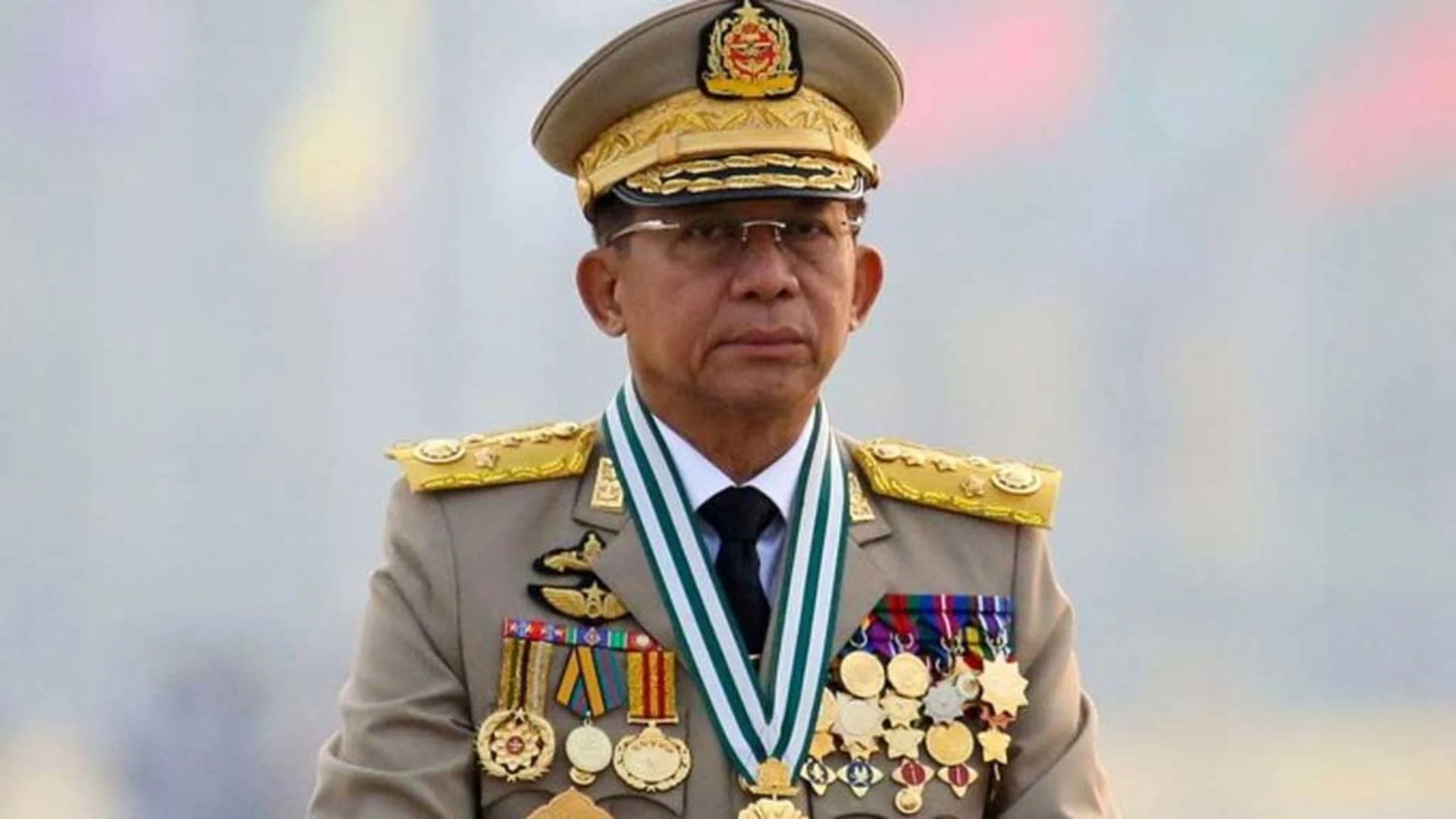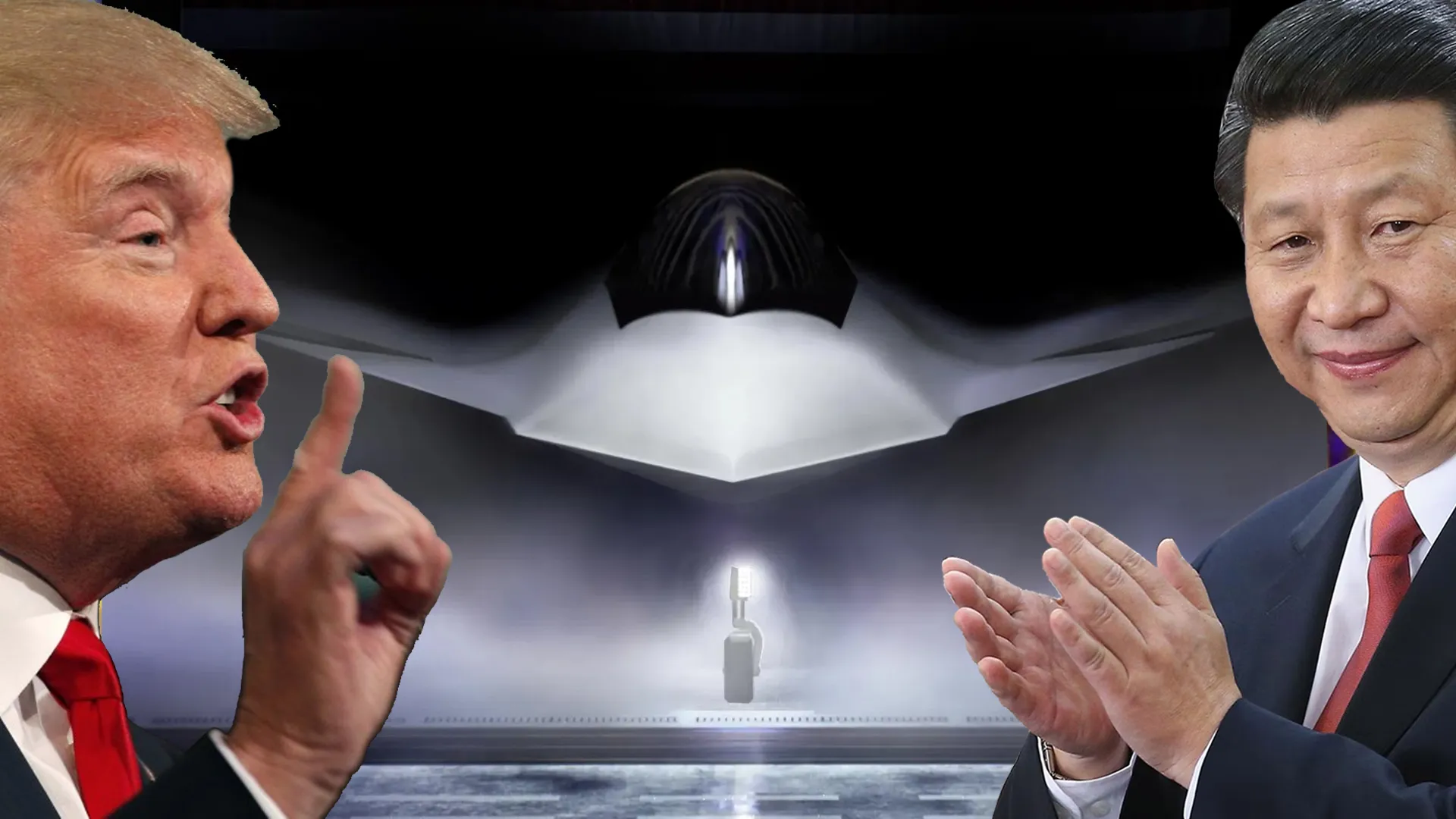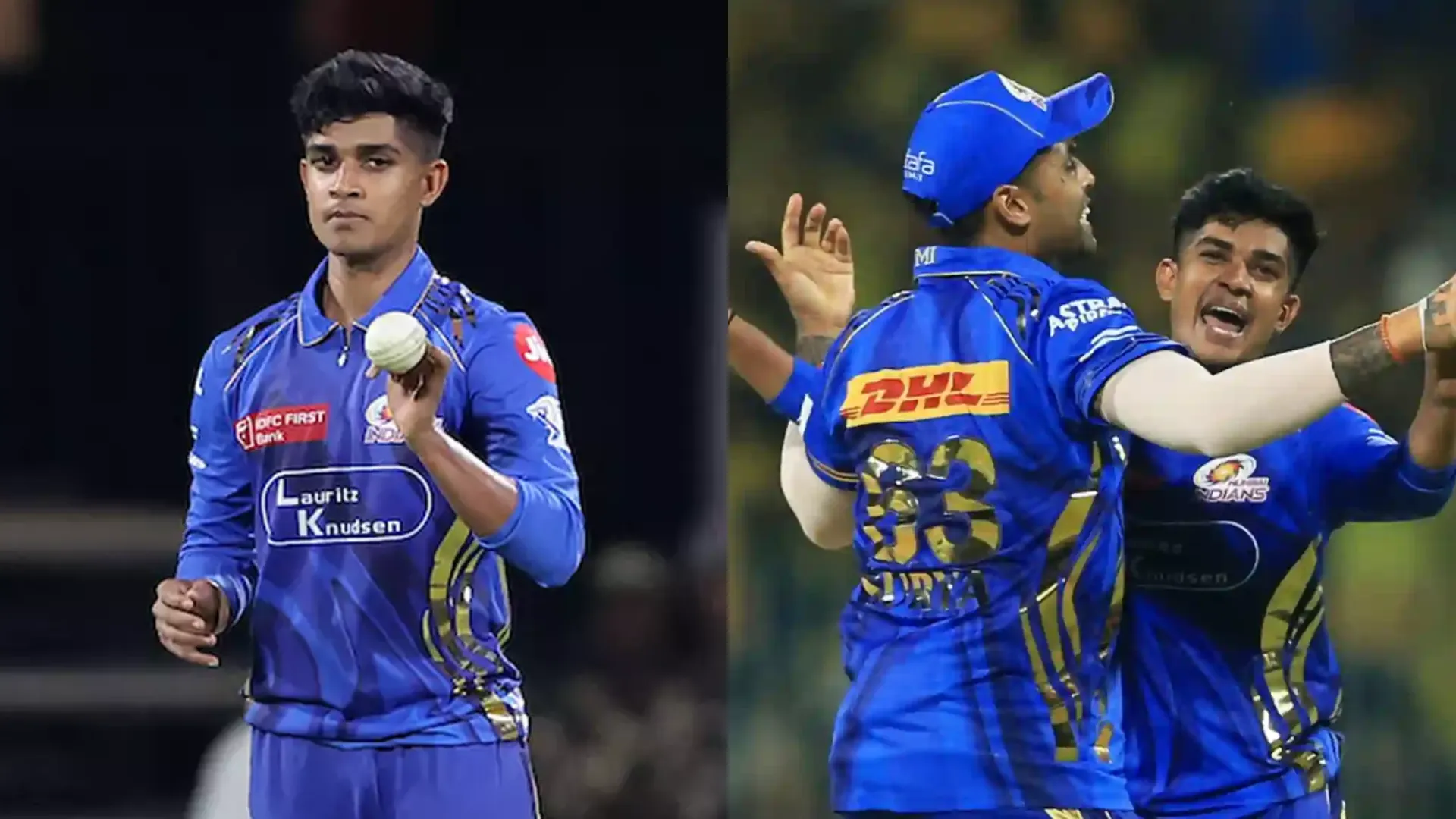The prosecutor of the International Criminal Court (ICC) announced on Wednesday that he would seek an arrest warrant for Myanmar’s military leader, Min Aung Hlaing, accusing him of crimes against humanity in the alleged persecution of the Rohingya Muslim minority. The charges relate to the 2017 military offensive that forced over a million Rohingya to flee, mostly to neighboring Bangladesh.
A spokesperson for Myanmar’s ruling junta did not respond to requests for comment, but international human rights groups have long accused the Myanmar military of committing atrocities during the operation, including mass killings, sexual violence, and the destruction of hundreds of villages in Rakhine state. The United Nations has referred to the offensive as “ethnic cleansing.”
Myanmar’s military government denies the allegations, claiming its actions were legitimate operations against militants who attacked police posts. Despite these denials, Rohingya refugees who fled to Bangladesh live in dire conditions, with many enduring years of hardship in refugee camps.
Mohammed Zubair, a Rohingya researcher living in a Bangladesh camp, emphasized the role of Min Aung Hlaing in orchestrating the violence. “Under his command, the military killed thousands of Rohingya and subjected countless women and girls to horrific acts of sexual violence,” Zubair said.
Nicholas Koumjian, head of the UN Independent Investigative Mechanism for Myanmar, underscored the significance of seeking an arrest warrant for such a high-ranking official. “Seeking a warrant for the person who holds the highest military position in Myanmar sends a strong message to perpetrators that no one stands above the law,” he said.
A panel of three judges will now assess whether there are sufficient grounds to believe that Min Aung Hlaing bears criminal responsibility for the deportation and persecution of the Rohingya. While there is no set timeline for the ruling, such decisions typically take around three months.
This move comes as the ICC prosecutor faces political backlash, particularly from Washington, following its recent arrest warrant for Israeli Prime Minister Benjamin Netanyahu and former defense chief Yoav Gallant. However, the ICC stands by its independent investigation, which has drawn on witness testimonies, documentary evidence, and other materials.
Myanmar is not a member of the ICC, but judges have ruled that the court has jurisdiction over crimes committed partially in neighboring Bangladesh, an ICC member state. This ruling allowed the ICC to launch its investigation in 2018 and pursue arrest warrants.
The ICC’s investigation into the persecution of the Rohingya has been ongoing for nearly five years, but it has faced significant challenges, including a lack of access to Myanmar due to the ongoing political turmoil after the military coup in 2021.
Human rights organizations have welcomed the ICC’s move. Maria Elena Vignoli from Human Rights Watch called it an important step to break the cycle of impunity that has long fueled the military’s violations.
The ICC, which prosecutes individuals for war crimes, crimes against humanity, genocide, and aggression, relies on states to enforce its arrest warrants. Given Min Aung Hlaing’s limited international travel, his arrest could present a significant challenge for the ICC. The court has faced difficulties in bringing other high-profile leaders, such as Sudan’s Omar al-Bashir and Russia’s Vladimir Putin, to trial. However, the court’s efforts continue, with the hope that holding Min Aung Hlaing accountable could signal a shift toward justice for the Rohingya.






















